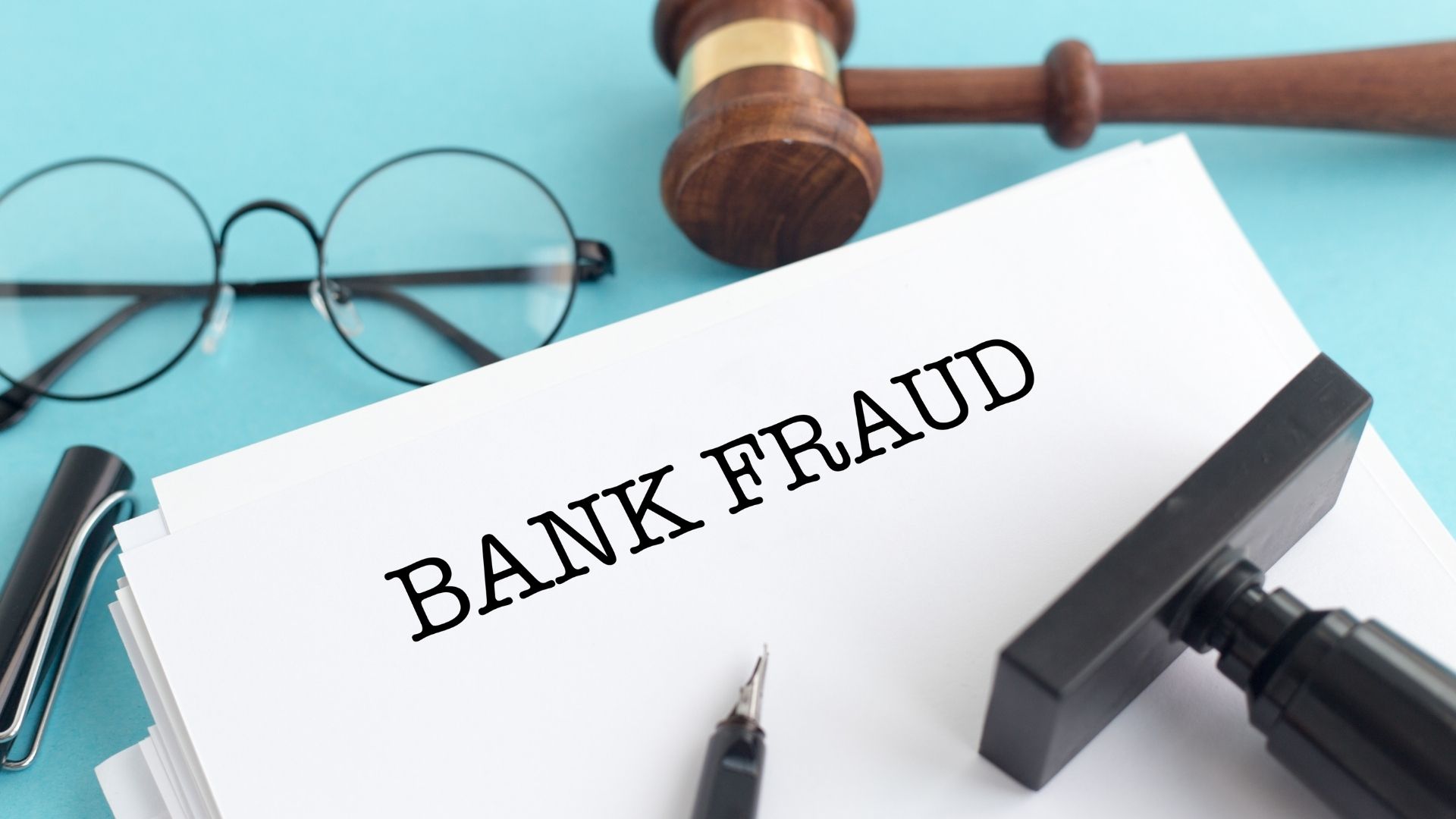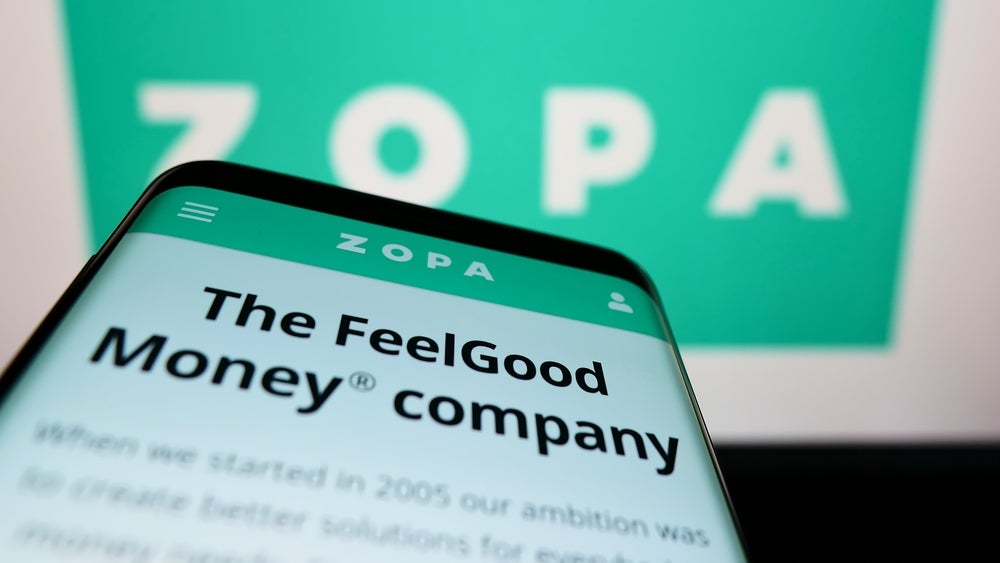
With greedy business owners, criminal gangs, and rogue landlords having fraudulently acquired bounce back loans, UK banks have begun seizing suspected bank accounts to recoup the money.
Major banks, including HSBC, Barclays, NatWest, and Lloyds Banking Group, have started raiding suspicious business accounts to claw back the Covid loans.
The Bounce Back Loan Scheme (BBLS) was designed to allow smaller businesses to access finance more quickly during the coronavirus outbreak.
The scheme has provided £43.5bn, distributed in 1.4 million small business loans up to £50,000 each.
Companies can borrow up the money with no interest or capital repayment due for the first year. Interest of 2.5% kicks in over ten years.
Repossessing the fraudulently acquired loans
In a determined move to reclaim the illegal loans, HSBC has sent hundreds of letters to the business account holders suspected of fraud.
How well do you really know your competitors?
Access the most comprehensive Company Profiles on the market, powered by GlobalData. Save hours of research. Gain competitive edge.

Thank you!
Your download email will arrive shortly
Not ready to buy yet? Download a free sample
We are confident about the unique quality of our Company Profiles. However, we want you to make the most beneficial decision for your business, so we offer a free sample that you can download by submitting the below form
By GlobalDataIn the letters, the bank announces the termination of the bounce back loan agreement and demands the immediate repayment of “all monies advanced” to the business.
HSBC reminded the customers that the clause agreement gives the bank authority to take the money back from the firm’s current account without the owners’ consent.
This entirely legal tactic is sometimes used by banks to recover overdue credit card or loan debts from customers who have money deposited.
In most cases, however, money is not being clawed back from business accounts until after the suspected fraud has been fully investigated.
“Any fraudulent applications can be criminally prosecuted, for which penalties include imprisonment or a fine or both,” said a spokesman for Treasury.
The spokesman said the Treasury had taken action to minimise fraud, pointing out that banks use anti-money laundering and fraud checks, as well as transaction monitoring.
First, pressure to pay out. Now, pressure to investigate
From the beginning of the scheme, banks were under great pressure to dispense the money quickly. They were told to lend with limited checks, meaning companies would self-certify their income.
Business customers only needed a current account with the bank in order to receive the loan cash.
Now banks are coming under pressure to weed out fraudsters.
“We targeted this support to help those who need it most as quickly as possible and we won’t apologise for this,” said the spokesman for the Treasury.
The spokesman added: “Our loan schemes have provided a lifeline to thousands of businesses across the UK – helping them survive the pandemic and protecting millions of jobs.”
Last week, the Treasury issued a stark warning to banks to remind them of the importance of fraud checks.
Bounce back loans are 100% backed by the taxpayer, meaning banks do not shoulder any risk if the money is never repaid.
Industrial scale fraud
A National Audit Office probe, conducted in October, concluded that up to 60% of loans may not be repaid because of fraud and defaults. That represented a sum of £26bn at the time.
The criminal tactics used included applying for multiple loans and “making a hundred applications from the same address”. Many of the fraudsters used the cash to buy expensive sports cars and to fund lavish home improvements.
A decade ago, banks came under fire for their heavy-handed treatment of small business customers after the 2008 financial crisis. Now, they are keen to avoid another scandal.







